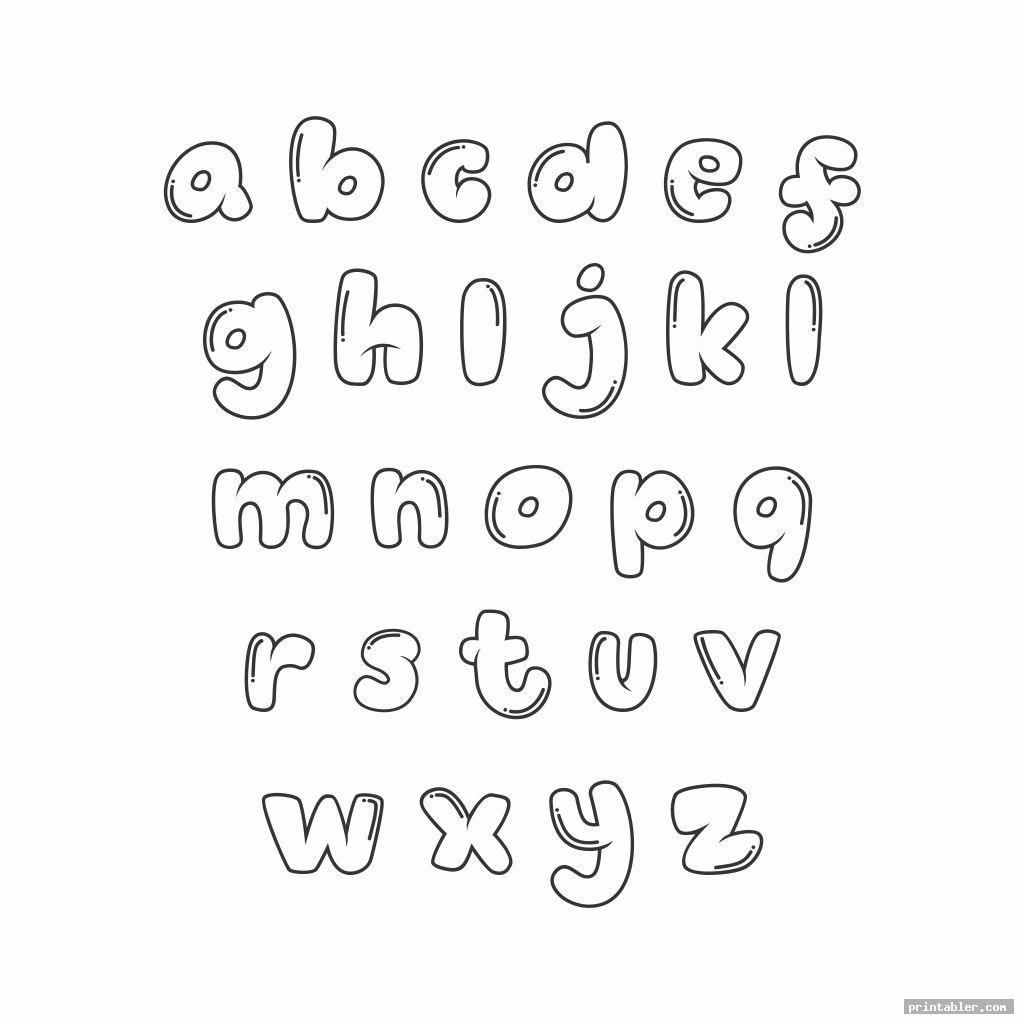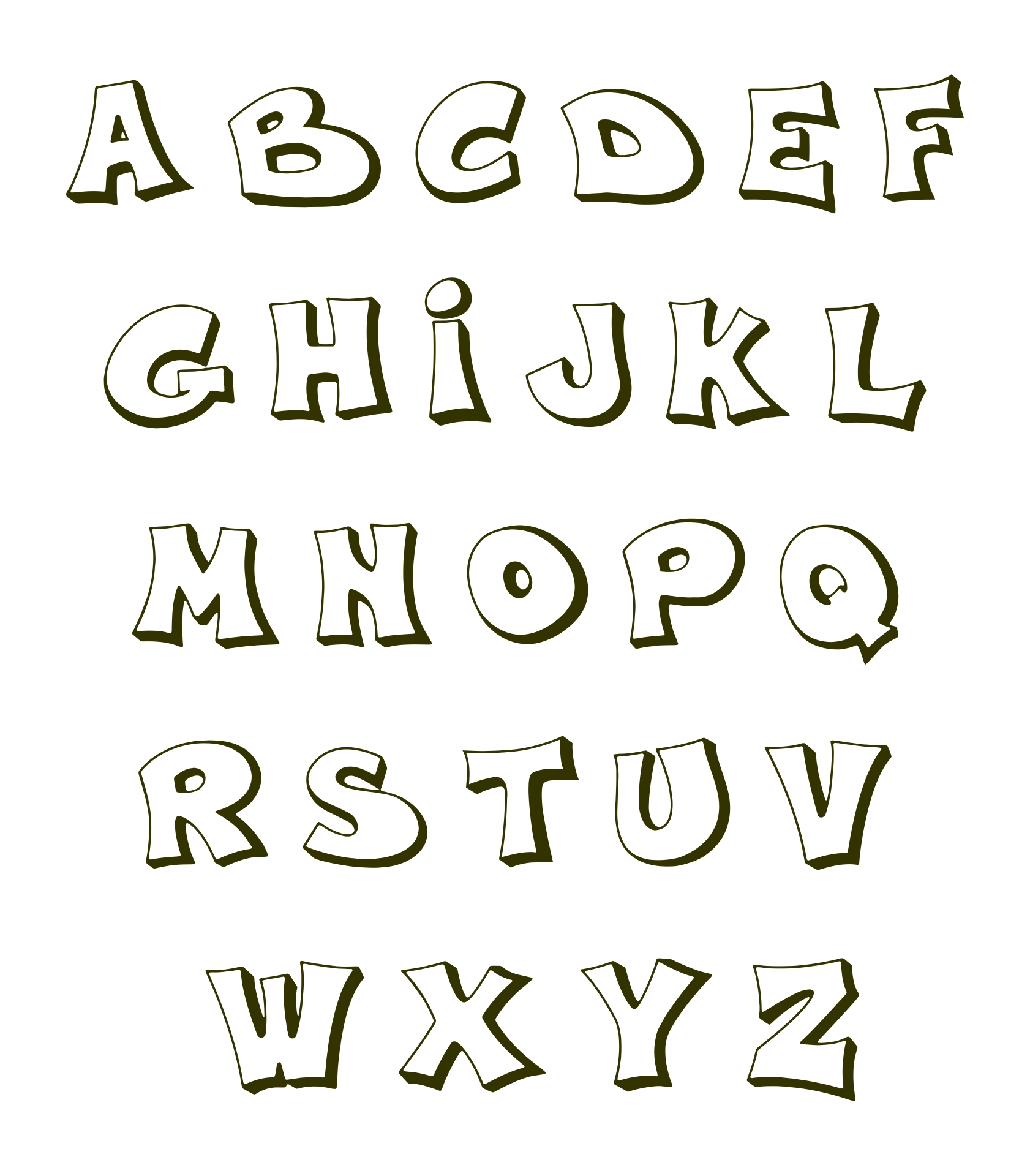


Chris Echeverría, assistant director of government affairs at New York University, says that "working from home since the pandemic and being around family and friends more has reconnected me with my Hispanic roots, so I've used the accent on my last name in social media to signify that personal transformation.".
#Bubble letter how to
Her coworkers have been supportive, asking her how to type the ñ so they can spell her name correctly. "It feels like I am reclaiming something by using it now," Muñoz tells Axios Latino.Valerie Muñoz, an assistant principal in Kent, Washington, says she started using the ñ in her last name in her email signature only in the last year or so.The big picture: Today, some Latinos are adopting accents as a symbol of cultural pride. By the time the systems caught up, many users had fallen into the habit of ignoring them. But their initial choice meant that for many decades, it was either impossible or a ton of extra work to include accents in digital communications.Our thought bubble via Axios' Scott Rosenberg: The early programmers who failed to build accents into their systems weren't thinking about it as a cultural choice - they were working on machines with incredibly limited memory (they couldn't do lower-case letters, either.). Early computer programmers didn't consider non-English letters and symbols when developing keyboards and computer systems.Technological barriers have also kept many people from using accent marks and symbols. That resulted in language loss and the use of accent marks becoming a "sign of shame," she adds.Latinos also faced segregation, discrimination, and high dropout rates so the idea of learning where to place accents on names was "not necessarily way up high on the list," Duarte tells Axios.Heath Center for Equality and Justice at California Lutheran University. schools punished students and intimidated parents for speaking Spanish, says Cynthia Duarte, director of the Sarah W. during the Mexican Revolution of the 1910s came from poor, rural areas and had limited Spanish or English literacy. The backstory: Many Mexicans who immigrated to the U.S. to ditch accent marks that would normally be in Hispanic surnames and change pronunciation in dramatic ways. Why it matters: Pressure to assimilate and technological shortcomings have forced many Latinos in the U.S. Latinos are taking stock of their cultural heritage and adopting accent marks in their surnames as a show of pride.


 0 kommentar(er)
0 kommentar(er)
